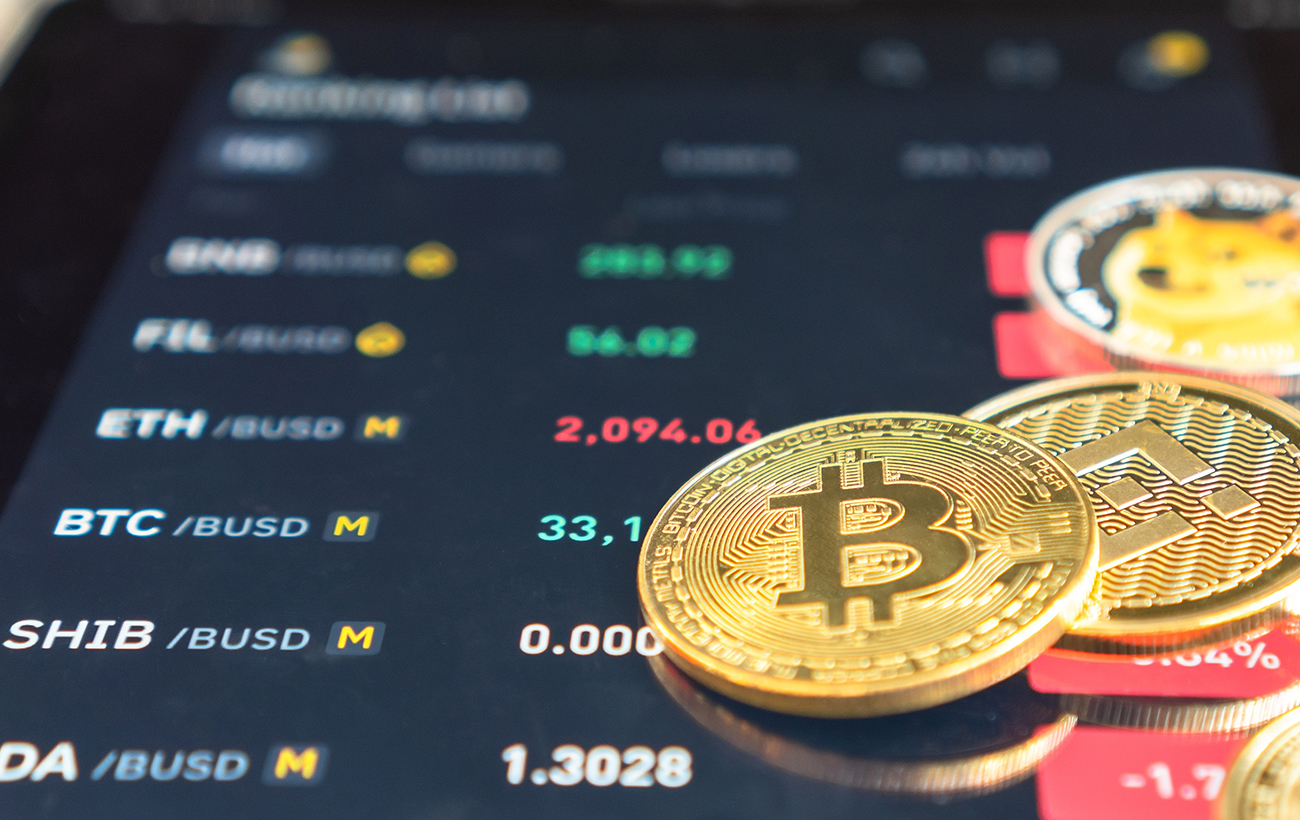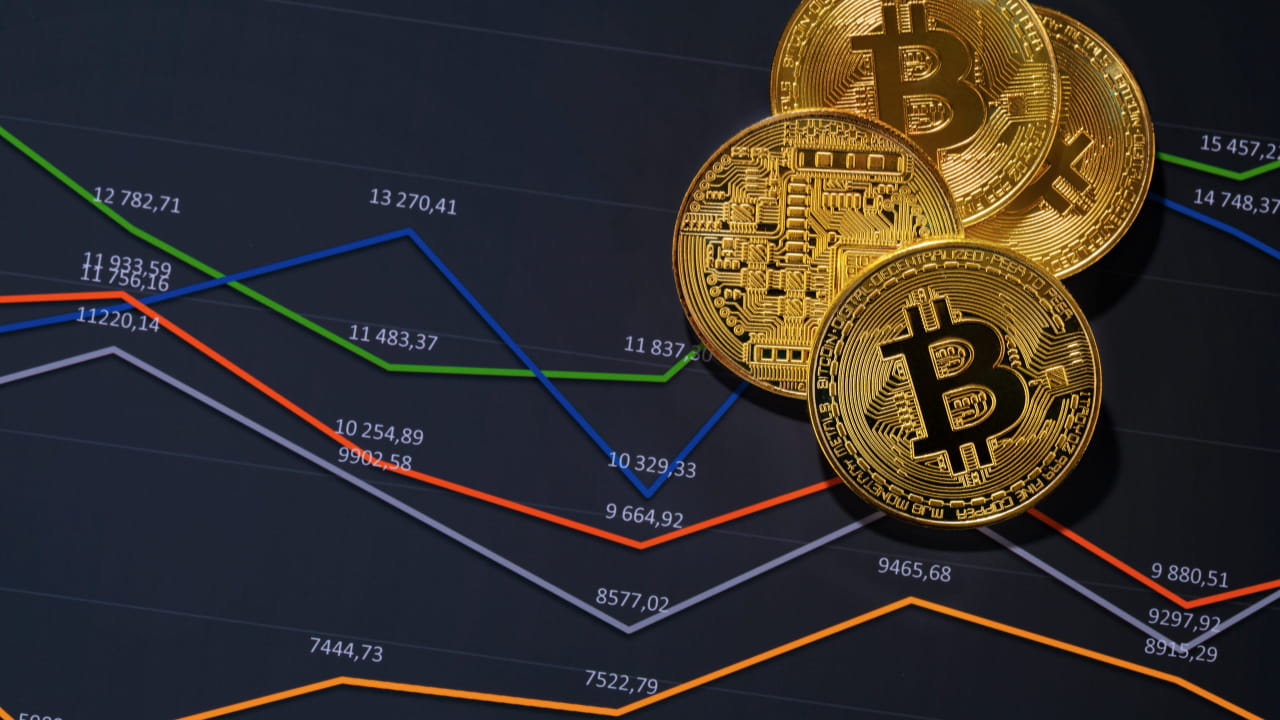Bitcoin’s price is hitting near-all-time highs (ATHs), and it seems like consumer interest is waning. The behavior of retail investors is shifting, but institutional investors are staying positive. Although Bitcoin is approaching its all-time high, the usual fervor is noticeably absent. Many people are talking about how this occurrence has affected the retail market for Bitcoin and how cryptocurrency investors feel about it.
Retail Caution Amid Bitcoin’s Price Surge
Still clinging to its all-time high of $69,000 from November 2021, Bitcoin is enjoying a fantastic run. The cryptocurrency’s value has skyrocketed since January 2025, setting new records. Contrary to what one would expect, retail demand is falling due to these price cuts. Trade volumes on individual buyer platforms have been flat, and retail investor participation has been falling. Retail investors benefit from a rise in Bitcoin’s price.

Get there quickly because you’re afraid you’ll miss out, and hope it will increase even more. As the price of Bitcoin has risen, many new investors have entered the market, purchasing the cryptocurrency for the first time. Presently, there is a marked difference. Market volatility, regulatory concerns, and the dominance of institutional investors in the cryptocurrency business may make retail investors hesitant as the prices are near their ATH.
Impact Regulation on Retail Investors
Changing purchasing habits might be prompted by a multitude of factors. Institutional investors in Bitcoin are quite common. Public enterprises, hedge funds, and banks favor Bitcoin. Institutional investors have stabilized the Bitcoin market, while smaller individual investors fear the cryptocurrency’s inherent danger.
Retail investors are frightened by regulations. Cryptos are difficult for governments around the world to control. Crypto rules in the US are a source of concern for private investors. Cryptos are not attractive to retail investors because of regulations, taxation, and limitations.
A more intricate Bitcoin ecosystem is crucial. As the Bitcoin market develops, buying, storing, and managing bitcoins improve. The complexity and security of digital assets can be a turnoff for prospective retail investors. Layer 2 solutions, such as DeFi apps, are not easy to learn for Bitcoin users, who are drawn to its simplicity and big returns.
Retail Demand and Market Sentiment
Market sentiment affects retail demand. Media coverage and Bitcoin’s potential affect retail investors. Media coverage of ordinary people making fortunes from Bitcoin investments boosted confidence and excitement during price increases due to Bitcoin’s price volatility and the crypto industry’s rising frauds, hacks, and other negative press. Retail investors are growing wary.

The media has focused more on cryptocurrency worries, making it harder to produce excitement like during previous market booms. Bitcoin may have reached ATHs due to market tiredness without retail demand rising. Regular investors who acquired Bitcoin during price rises may have sold after gaining or losing during corrections. This may explain why Bitcoin is losing popularity after bull cycles.
Institutional Demand Alters Bitcoin Market
A major change in the cryptocurrency market is the shift in demand from individual investors to larger financial institutions. Bitcoin prices have been driven up, and market dynamics have changed due to the entry of big financial organizations, asset managers, and sovereign wealth funds. The long-term potential of Bitcoin as an inflation hedge or store of value attracts institutional investors, not the volatility of its short-term price.
Getting involved in a less volatile and more established market might put off retail investors looking for big price swings and quick profits. Many large financial institutions are diversifying their holdings into Bitcoin due to its rising popularity as a protection against inflation and economic uncertainty. Unlike retail investors, who might not know their way around the cryptocurrency market, these players are usually more experienced and have better risk management resources.
Summary
A change is occurring in the cryptocurrency market since retail demand for Bitcoin is declining even if its price has touched all-time highs. The retail market might be maturing and consolidating as institutional investors take the lead. Regulators’ worries, the complexity of the industry, and negative press may have dampened consumer enthusiasm with the growth of Bitcoin. Retail demand will rise again, or institutional investors will dominate the market.
The cryptocurrency environment is changing, and Bitcoin needs to attract individual investors again. Potentially reviving interest from individual investors might include a change in public perception, more transparent laws, and improved user experiences for newcomers. Bitcoin Retail Demand, Achieving a balance between institutional and retail investment in Bitcoin could be crucial for its future growth.


